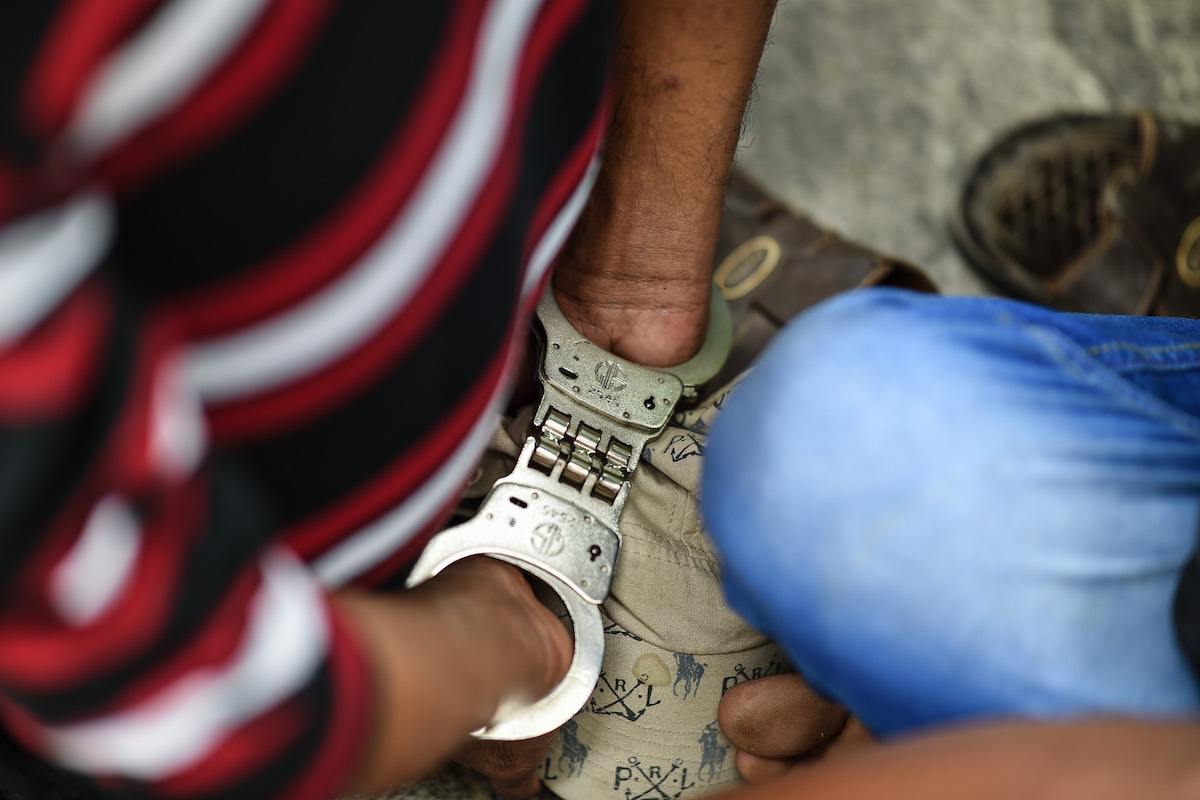Malaysian police sometimes used torture and beatings to extract confessions from suspects in death penalty cases, an Amnesty International report said, putting renewed pressure on the government to scrap capital punishment.
Suspects were also often denied proper legal assistance despite facing the death penalty if convicted, according to the report, which is based on research of cases and interviews with lawyers, relatives and embassy officials.
Malaysia has the death penalty for 33 crimes, and executions are mandatory for some of these including murder, kidnapping and drug trafficking.
A new reformist government that won power last year pledged to abolish capital punishment altogether, a move that would have handed almost 1,300 people currently on death row in Malaysia a reprieve. A moratorium on executions was put in place.
But the government has since backtracked after an outcry from victims’ families and opposition politicians, saying only the mandatory death penalty would be axed. Judges in such cases will now be left to decide whether to order someone jailed or hanged.
Amnesty’s report said more than 70 percent of those on death row — 930 people — have been sentenced for drug-related offences, including those acting as couriers to transport small quantities. Many were foreigners as well as poor members of ethnic minorities.
Amnesty’s report said suspects, who can be detained for up to 14 days in death penalty cases, were sometimes “beaten up” to extract “confessions,” while some had suffered torture or other ill-treatment during questioning by police.
A Malaysian national of Chinese ethnicity alleges his finger was broken during police interrogation, after being arrested for carrying methamphetamine in 2005, the Oct. 10 report said. He was forced to sign an inaccurate confession and was convicted based on a statement he made in Mandarin but that police recorded in Malay, it said.
Suspects who could not afford a lawyer often went without legal assistance until charges were brought to a court, while a chronically under-funded legal aid system left defendants without assistance for long periods, the report said. Suspects not fluent in Malay also lacked access to interpreters, while the pardon process was also not transparent with no clear criteria.
“Our research found a pattern of unfair trials and secretive hangings that itself spoke volumes. From allegations of torture and other ill-treatment to an opaque pardons process, it’s clear the death penalty is a stain on Malaysia’s criminal justice system,” said Amnesty Malaysia executive director Shamini Darshni Kaliemuthu said.
Amnesty urged the government, which has not responded to the report, to keep its promise to abolish the death penalty in full.
